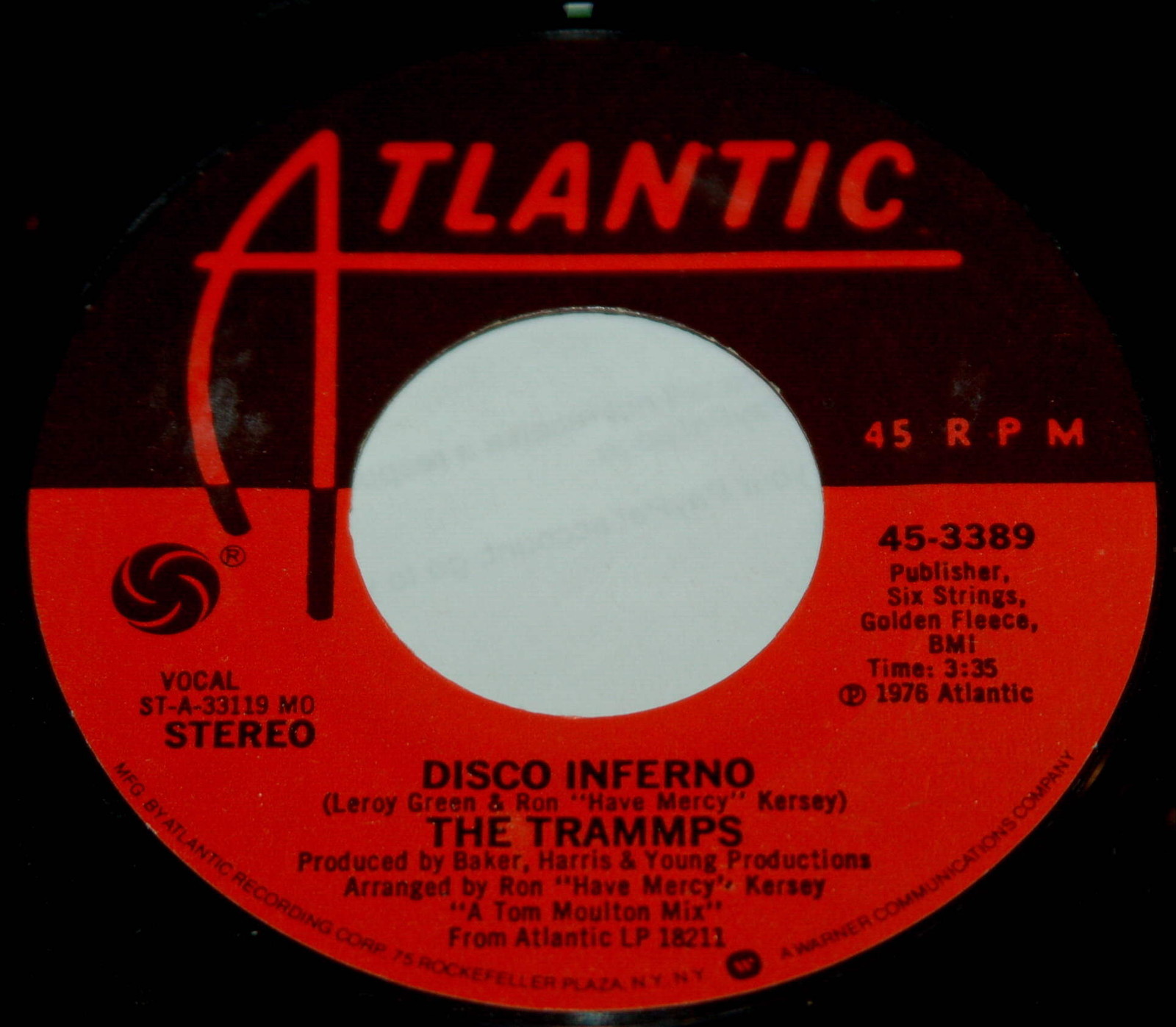- Mythological Prison Guards: Pagan Creatures in The Inferno
- The Prophesies of The Divine Comedy: the Meaning and Implications of the 4 Prophesies in The Inferno
- Canto VI - Ciacco
- Canto X - Farinata
- Canto XV - Brunetto Latini
- Canto XXIV - Vanni Fucci
- The Powers and Limitations of Human Reason in The Inferno
- Why does Dante do what he does with Virgil?
- Dante's Politics in The Inferno (or "Dante v. the Pope")
- The Highway to Dante's Hell--the Biblical, Classical, and non-Christian Inspirations for Dante's Version for the Terrain of the Underworld
- Botticelli, Blake, Dore, and Dali: a Comparison of the Pictorial Representations of The Inferno in Various Illustrations
- Robert Frost's "Fire and Ice": A Thematic and Analytical Comparison to The Inferno
Due Date (All Project Teams): October 9th
Presentation Parameters:
- Each partner is responsible for an equal share of the work
- Each partner is responsible for five (5) minutes' worth of the presentation
- Visuals are acceptable and encouraged (PowerPoint, Prezi, etc)
- Rubric ____/30 points possible
- Knowledge and Understanding: 0-5 points
- How well does the candidate know and understand the content of the work(s)?
- Interpretation and Personal Response: 0-10 points
- How valid is the candidate’s interpretation of the work(s)?
- To what extent does the candidate’s response show critical thinking and originality?
- Presentation: 0-10 points
- How effective and convincing is the candidate’s presentation?
- Use of Language: 0-5 points
- How accurate, clear, and precise is the language used by the candidate?
